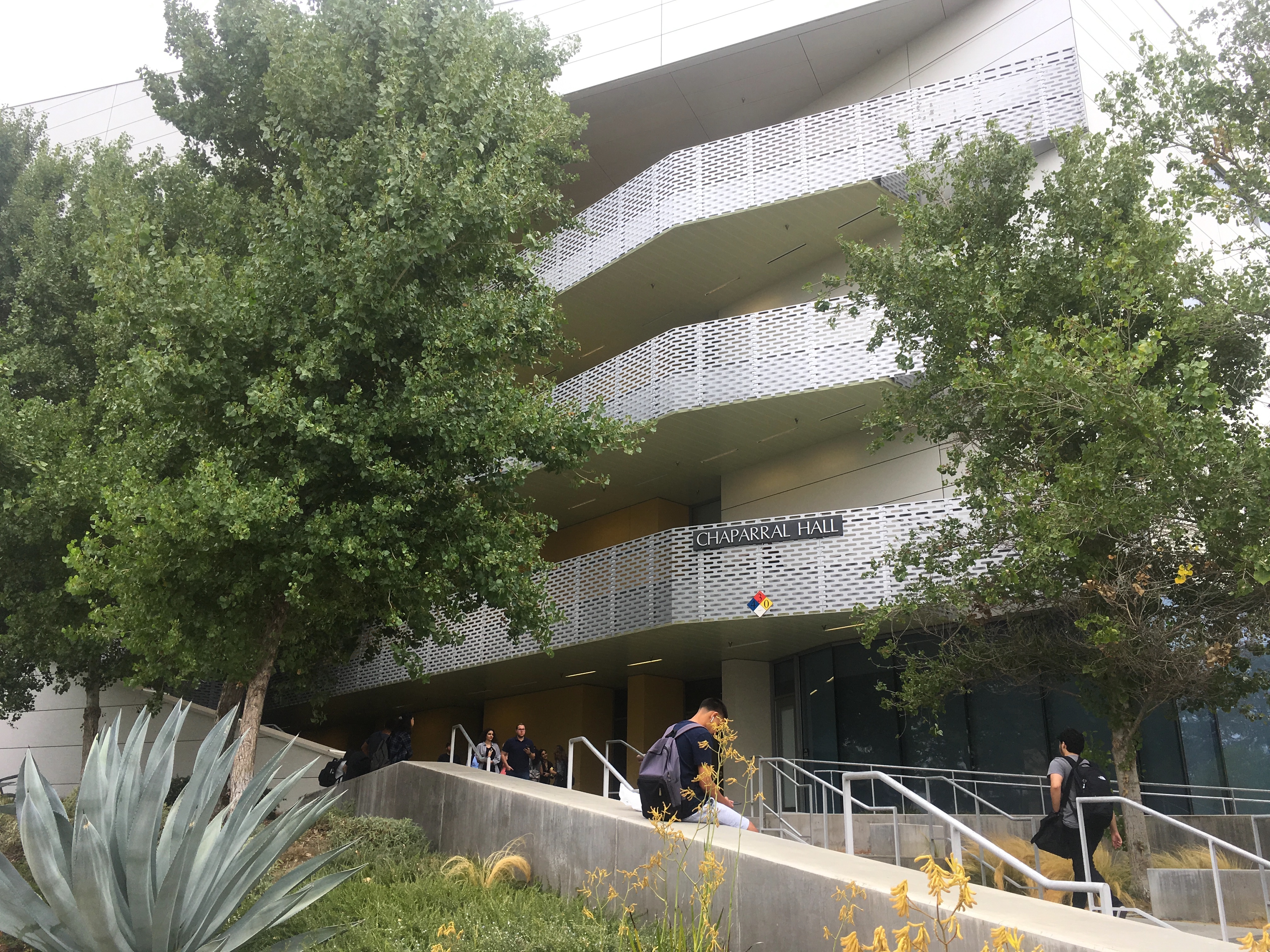More than a decade of results from a summer program designed to prepare incoming CSUN freshmen for university-level classwork has closed much of the “achievement gap” for those from disadvantaged backgrounds, according to a paper published earlier this year in the journal Ethnicity and Disease.
The summer experience, part of the MARC RISE programs, provides focused enrichment in mathematics and language arts in the summer prior to freshman year for incoming CSUN students from minorities underrepresented in STEM or who are economically disadvantaged. In the new paper, collaborators on MARC RISE, including Professor of Biology Emeritus Steven Oppenheimer and Professor of Biology MariaElena Zavala, compared anonymized academic outcomes and survey data for enrichment program participants to control groups who had not participated.
From 2006 to 2016, students who participated in the summer enrichment program were somewhat more likely to enroll in math courses in their first fall semester, significantly more likely to take college-level math courses, and significantly more likely to pass. Tracking those who took the enrichment program in 2010, 2011, and 2012, the team also found that program participants were more likely to graduate, and achieved a higher cumulative GPA. Surveys of the 2016 cohort showed that students’ interest in biomedical graduate school more than doubled from the start of the summer program to its final week.
The authors conclude that the summer enrichment program has been a substantial success, improving university achievement for the students it aims to help. They also propose extending the scope of the intervention into the freshman year, identifying students who may be at risk of frustration and early failure, and providing targeted assistance and confidence-building.

